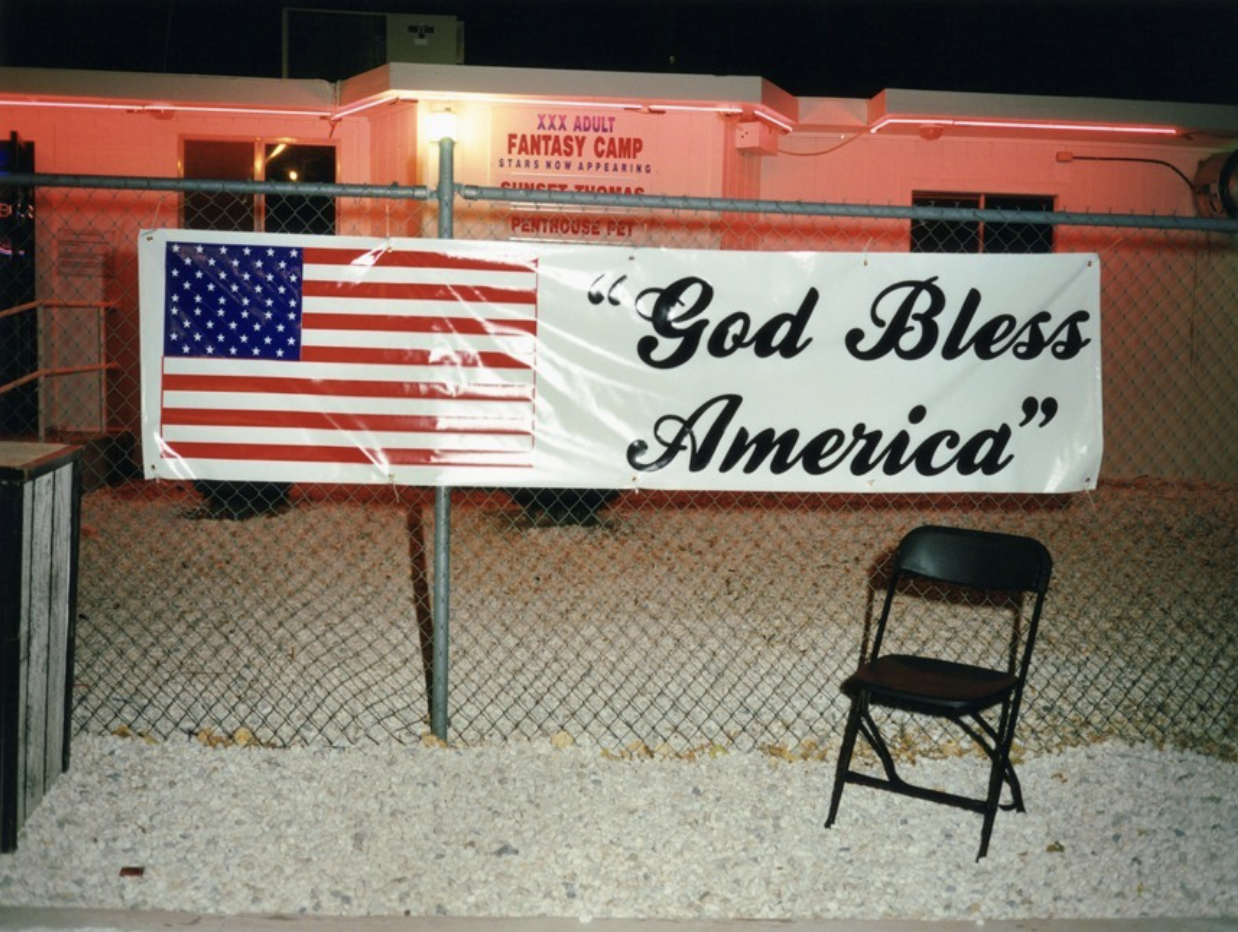HABITS OF THE HEART
“The American Dream is that dream of a land in which life should be better and richer and fuller for everyone, with opportunity for each according to ability or achievement”.
—James Truslow Adams
Two years into The Great Depression, writer James Truslow Adams would introduce in his book, The Epic of America, America's greatest export, the idea of the American Dream.
Success would no longer be perceived as a privilege exclusive for the rich, it was within bounds to anyone willing to go after and commit to their goals whatever that they may be. It was a promise that would legitimize The United States as a nation that could offer any person prosperity, democracy and freedom. This dream of abundance would be supported through the zeitgeist, decades of images depicting American life from textbooks, television to cereal boxes, reinforced the nation’s wealth of possibilities. The dream rewarded obedience and sacrifice; If you were hard working and committed to your family + colleagues your desires would manifest before you. It’s a story that has enchanted generations, the freedom of choice.
Dreams are a good way of learning about your true inner feelings + can bring anticipation toward the future. Dreams are also subject to change. In the 1950s, success was a nuclear family and a home in the suburbs. The 1970s sparked interest in finding success from within, as people began to wade into themselves and explore inner-healing. Today, the consumer culture tool known as social media has disrupted the risk of being atomized, as consumers can now adapt to the role of producers. The ethos of success that measured how well we are doing by collective well-being has been replaced by a new fantasy: non-attachment.
This latest strain of the American dream portrays an image of unattached individuals, personal freedom, wealth + fame. The responsibility of the individual to participate in society, that is seemingly inching to its end, is waning. Public government failures, the resurrection of 20th century prejudices, ongoing hostile climate conditions has already allowed space for people to place doubt + mistrust into the conditions of the nation and their roles in it. In addition, industry has modified itself to reflect consumer-produced images, thereby reiterating its behaviors into the mainstream. This new dream panders to fears of scarcity which has positioned the individual to exist + loop in survival mode and consequently undermines shared realities.
In a 2023 TIMES article, ‘We Have Put Individualism Ahead of the Common Good for Too Long,’ Richard Weissbourd, a senior lecturer at the Harvard Graduate School of Education, and Chris Murphy, Senator (D) for Connecticut, observed the details of American hyper-individualism. The authors bring up that in the early 1800s, , Alexis de Tocqueville, toured America fascinated by its growing entrepreneurship. Tocqueville recognized that America’s advancement relied on its citizen’s fixation on individual advancement. He also debated whether a society could hold itself together when individual success overrides the ambitions to achieve abundance for the common good. He feared that a culture saturated with the self would become material-focused to which greed and envy would flourish, thereby jeopardizing society’s ability to prioritize virtue, character and good judgment. Weissbourd + Murphy argued that much of Tocqueville’s observations have actualized in 21st century America, indicating that the current social climate of today scales collective success below personal gain.

